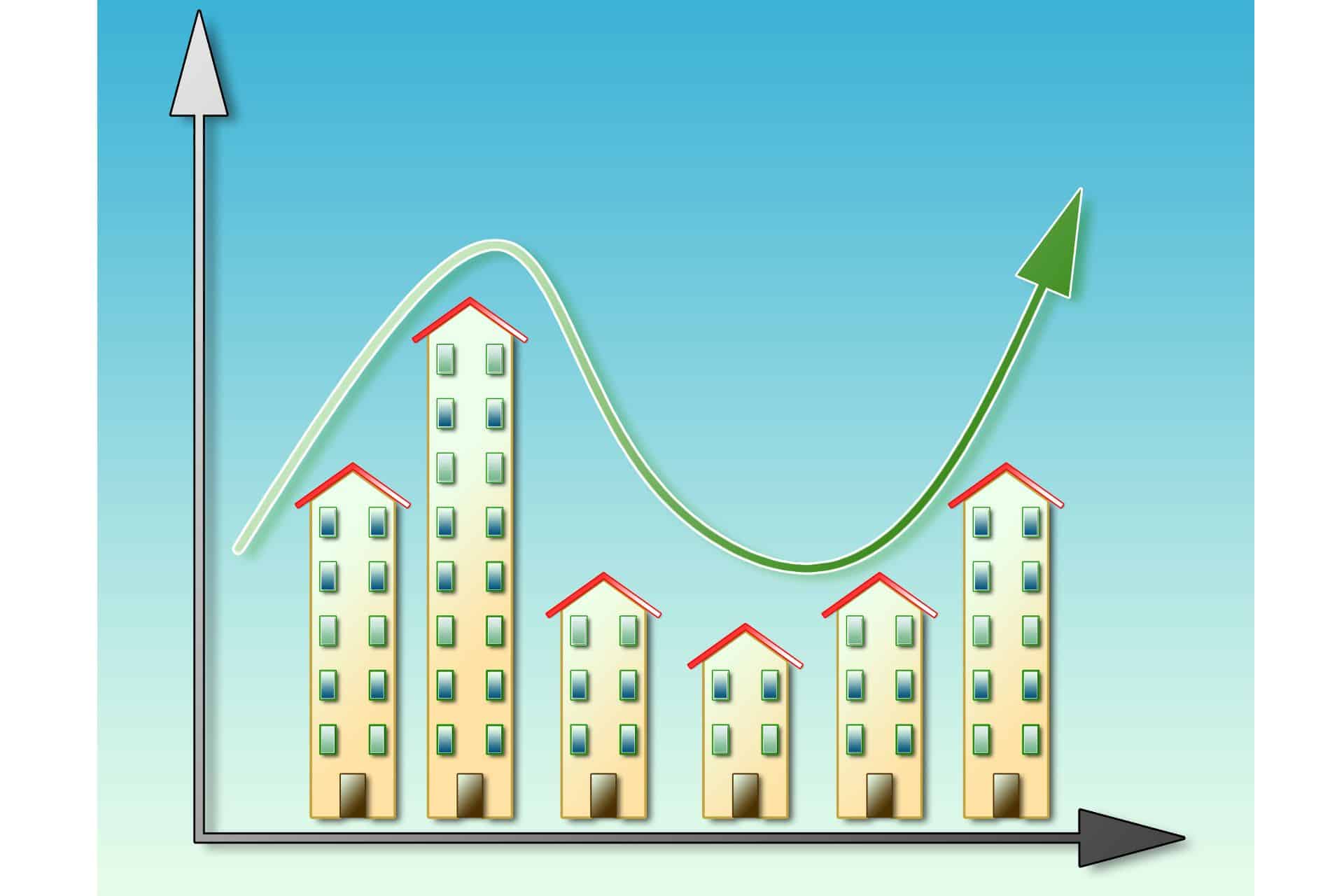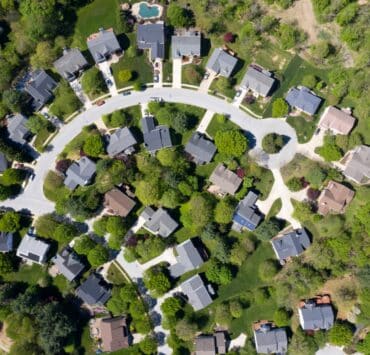Older millennials, those navigating adulthood over the past two decades, have encountered a series of issues, with the housing market challenges proving to be a formidable adversary. From enduring two recessions before hitting 40 to facing unprecedented shifts in the market, the journey has been arduous, with statistics amplifying the depth of their struggles.
The 2008 recession, marked by a colossal housing bust, disrupted the lifetime earning potential of older millennials. Fast forward to 2020, the onset of the remote-work era unleashed a nationwide housing frenzy, propelling prices upwards by more than 40%. Adding to their woes, this generation carries the heavy burden of being saddled with the most significant student loan debt.
Bank of America Institute’s recent “Housing Morsel” report affirms that older millennials are undeniably bearing the brunt of these challenges. In their research note titled “An uneven housing market: older millennials feeling the hit,” the bank points out that younger millennials are experiencing a milder impact.
According to BofA, older millennials (ages 35-45) face a more substantial financial burden, evident in their higher share of outstanding student loans and a faster rise in credit card delinquencies. This financial strain translates into tangible struggles for individuals like Jacob Fuerst, a 40-year-old dad, who, despite buying and selling three houses, finds it nearly impossible to navigate the current housing market for the fourth time.
The report cites Jacob’s case as representative of the broader challenges faced by older millennials. Childcare costs, rent, and utilities make saving for a down payment a Herculean task, reflecting a sentiment shared by many in this age group—individuals who have worked diligently but find the dream of homeownership slipping away.

Emily Blake, a 45-year-old residing in Los Angeles, echoes this sentiment, feeling trapped in her rent-controlled apartment as local home prices soar. The combination of student loans and living paycheck to paycheck creates a formidable barrier to entry into the housing market. For older millennials like Emily, the prospect of affording a home becomes increasingly distant as prices continue their upward trajectory.
The overarching theme is one of unaffordability, with older millennials grappling with rising borrowing costs. In 2023, the housing market stands as the least affordable since the 1980s, marked by mortgage rates more than doubling from pandemic lows. BofA’s analysis reveals that in 97 major metropolitan areas, rent is cheaper than mortgages, underlining the severity of the affordability crisis.
The disparity in net worth further exacerbates the challenges faced by older millennials. Bank of America contrasts the average millennial household’s net worth of around $200,000 with the median home sales price of approximately $400,000, emphasizing the financial gap compared to baby boomers and Gen X.
While younger millennials (28 to 35 years old) are experiencing stronger growth in escrow payments, older millennials are contending with higher debt burdens. The older segment holds 40% of the $1.6 trillion in outstanding student debt, coupled with increasing credit card delinquencies for those aged 30 to 39.
Childcare costs, rising at a rate of over 30% since 2019, further contribute to the financial challenges faced by older millennials. The aftermath of the 2008 housing crisis adds another layer to their struggles, potentially setting them back relative to their younger counterparts.
In conclusion, the statistical narrative paints a compelling picture of the housing market challenges plaguing older millennials. The question that lingers is whether policy changes and market shifts can alleviate their challenges or if this generation will continue to grapple with an elusive dream of homeownership in an unforgiving housing landscape.
Related posts:
 Reduce Your Environmental Footprint: Simple Water Conservation Tips for Your Home
Reduce Your Environmental Footprint: Simple Water Conservation Tips for Your Home
 10 Precautions to Stay Safe During a Home Renovation
10 Precautions to Stay Safe During a Home Renovation
 Europe’s Housing Market Squeezed Amidst Cost-of-Living Crisis
Europe’s Housing Market Squeezed Amidst Cost-of-Living Crisis
 Increase in US Home Construction in 2023 Signals Robust Market Recovery
Increase in US Home Construction in 2023 Signals Robust Market Recovery
 Increased Housing Confidence Brightens 2024, But Buying a Home Still Tough
Increased Housing Confidence Brightens 2024, But Buying a Home Still Tough




